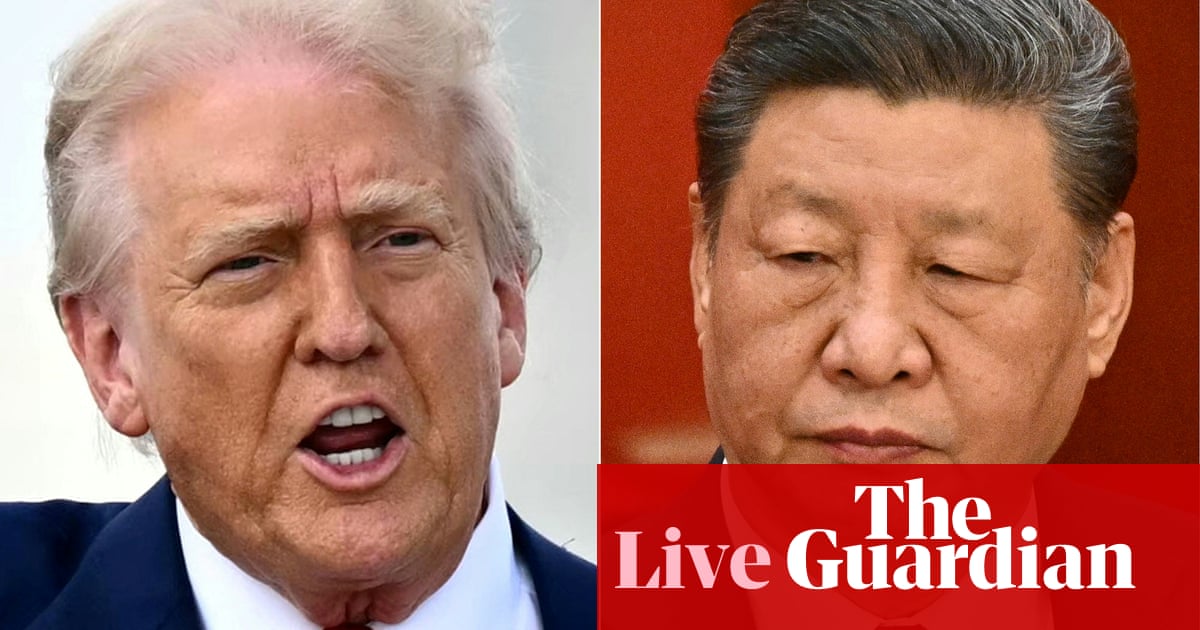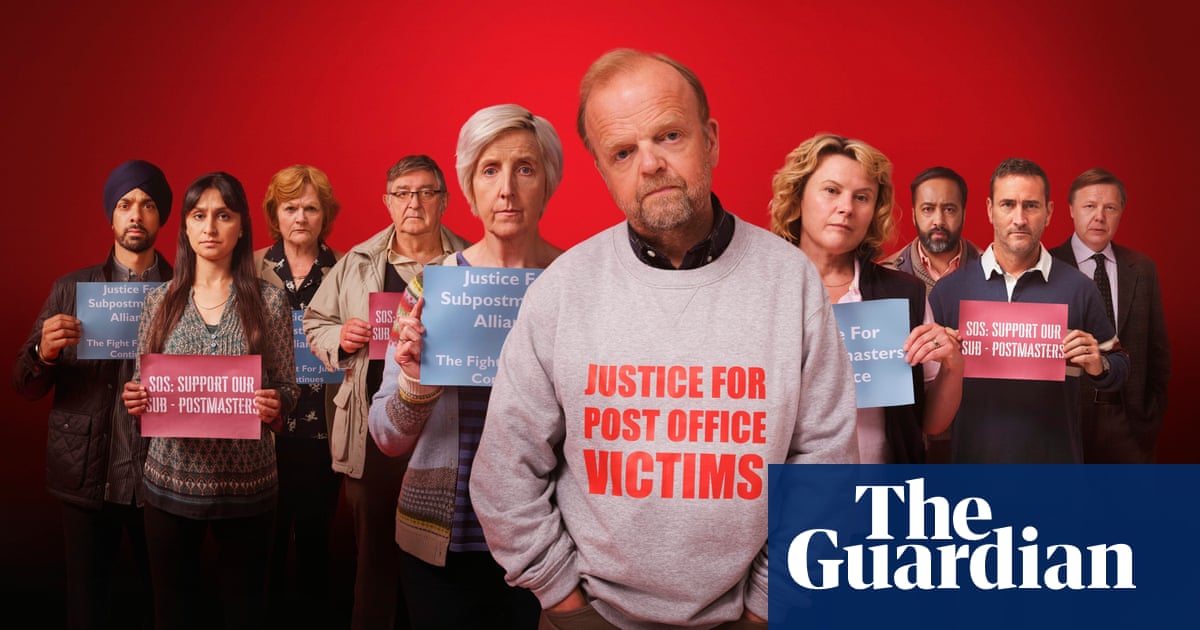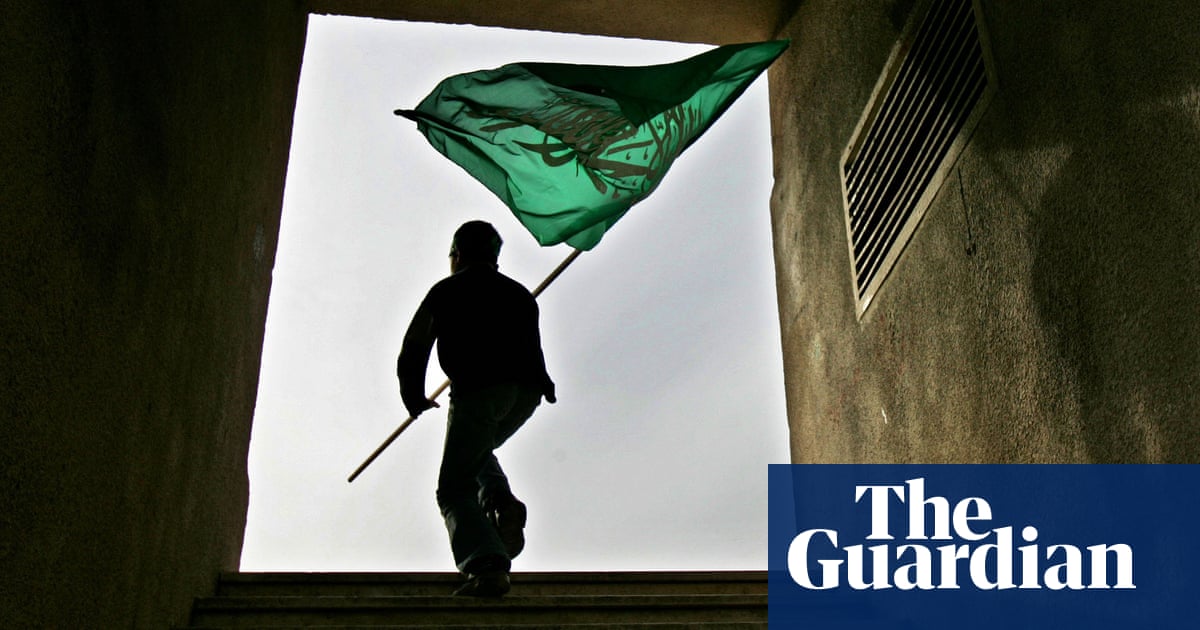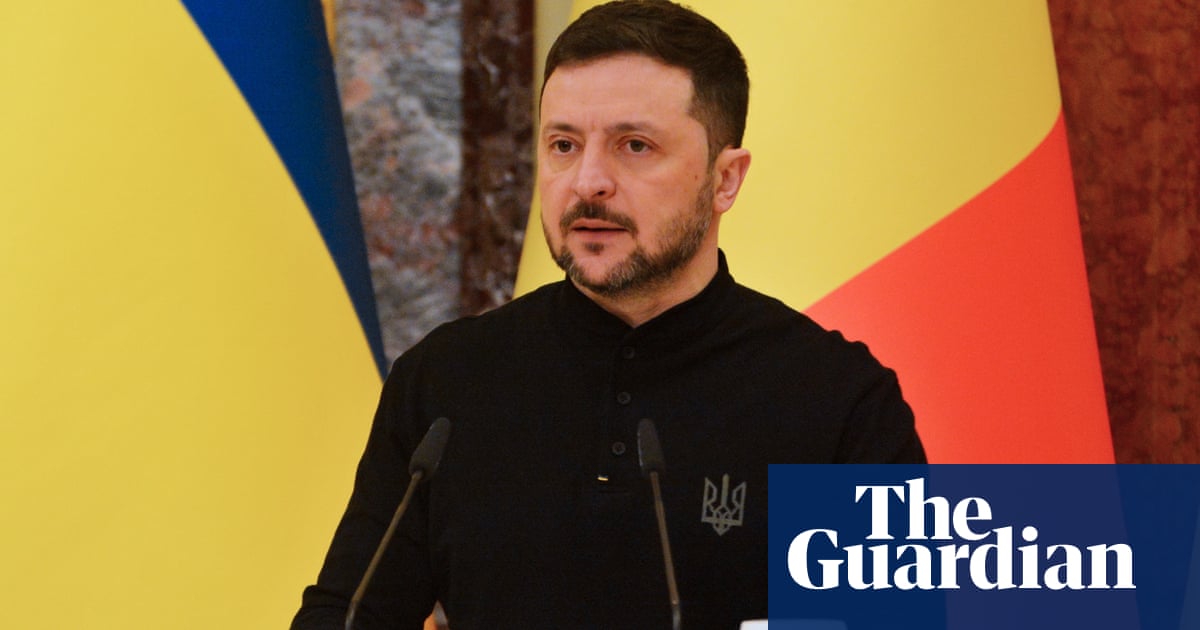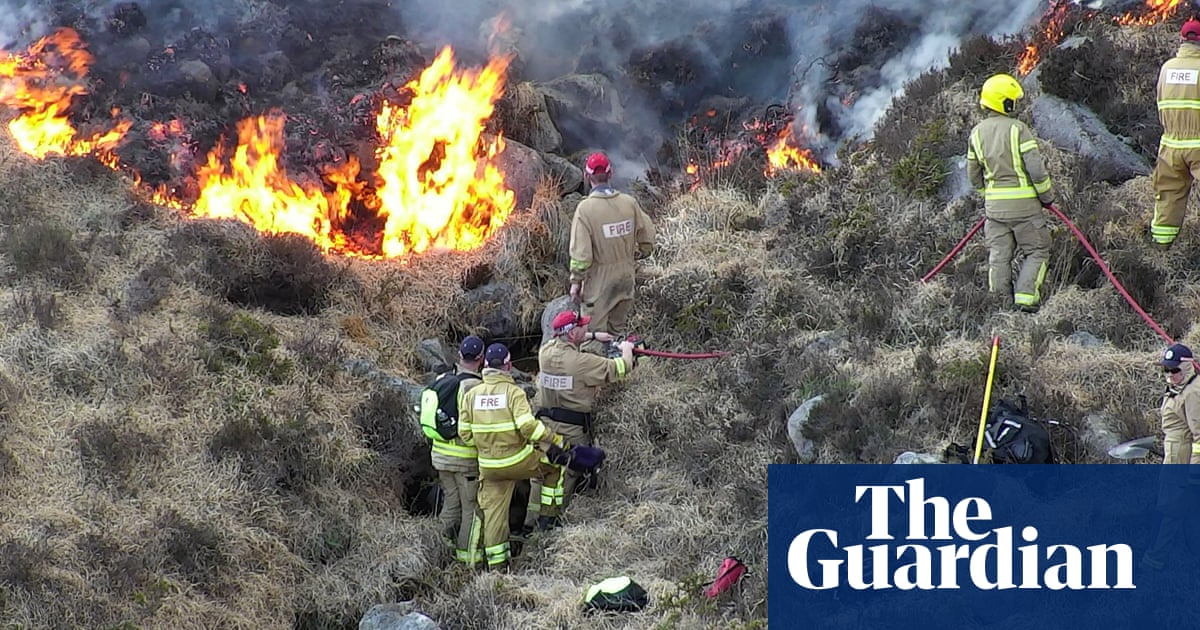Graphic images. Distressing footage. Blurred-out posts that only clicking a consent button will reveal. For a year and a half now, disclaimers have hung over what the world sees from Gaza. Sometimes, the scenes stop me in my tracks as they are suddenly recalled, like a nightmare forgotten but then vividly remembered. Except without the relief that it was all a dream. Last week, I watched footage that showed what appeared to be the shattered, headless corpse of a baby. I have seen shredded body parts collected in plastic bags. Heard the screams of the dying and the silence of the dead, as cameras capture them piled together, some in entire families. Israel’s assault on Gaza defies inurement. As time goes by, even as the threshold for what is seen as intolerable increases, the graphic and varied forms of killing continue to scale the hurdle of numbness.
All the while, politics does one of two things. Either it smoothes over this historic calamity, resorting to the bland language of encouragements to return to the negotiating table, as if it were all some regrettable falling-out that could be resolved if only heads cooled a little, or the calamity is reversed. Calling for it to stop, rather than being the most natural of human instincts, is now an impulse that in some countries meets the bar of arrest or removal. This narrative renders the people of Gaza, so ever-present on our screens and timelines in their daily massacre, distant and remote. Gaza has been deported to another dimension in which no rules apply. Geographically it has been sealed off and wrenched away from the Earth. Foreign journalists and politicians are not allowed in. Local journalists are killed. Foreign aid is blocked. Local relief workers are murdered. International courts and human rights organisations speak with one voice about the criminality of what is occurring. They are summarily ignored or attacked by Israel’s sponsors.
And still, despite efforts to block outsiders and silence those inside, the evidence of the illegality and disproportionality of Israel’s campaign in Gaza continues to mount. Last month, the Israel Defense Forces killed Red Crescent workers and buried them along with their vehicles. Footage recovered from a mobile phone shows that Israel’s claim that the team’s activities were suspicious was false. The worker who filmed the video was found with a bullet to the head. Before he died, he asked his mother for forgiveness for his death, for the fact that he chose such a dangerous occupation. How many such crimes, committed and buried under cover of Gaza’s darkness, without footage to contradict Israel’s claims, have taken place?
It may seem as if Israel has managed to act as judge, jury and executioner and is succeeding, with US and western sponsorship, in carving Palestinians out from the rest of humanity. But it is a task now that requires coercion. The war escalates and frustrates any justification, so it must be normalised by force. And that force might be suppressive in the short term, but it is degrading in the long. It requires resources and confrontations and volatility. In targeting students who speak out against what is taking place in Gaza, the US government has gone to war with its own universities, and triggered conflict within them. By moving to deport students and academics, the Trump administration has become embroiled in a tussle with its own legal system. Germany’s efforts to deport those involved in pro-Gaza protests extend alarming authoritarianism further. The mobilising of the machinery of state is necessary because alarm at the scale of the crisis in Gaza can no longer be shushed with castigation alone.
And that mobilisation and associated conflict only serve to highlight further what Israel has dragged the rest of the world into. It only makes high-profile figures of protesters, such as Columbia University graduate and green-card holder Mahmoud Khalil, who through his lawyer has been dictating devastating dispatches on what his detention reveals about the war and about the US immigration and justice system. It tightens the connections with Palestinians that their opponents would like to sever. And by raising the stakes of protest, it makes clear how much those stakes are indeed everyone’s – the right to free speech and due process, to protection from state overreach, and to practise the very basics of humanity. The demand is that to be safe from persecution, you must pluck out your eyes. Instead of ejecting Gaza from domestic politics, Israel’s allies have brought the war home.
Combine that with the death and starvation that continues to intensify in Gaza, and you have a recipe not for a cowing, but an increase in the appetite for moral pressure and witnessing. With political abdication, the sort of urgent condemnation and raising of the alarm that should come from leaders has not been extinguished, but passed on. Last week alone, a trauma surgeon’s video diary and interview on BBC Newsnight revealed even more killing of innocents, even more children waking up paralysed, or with a bellyful of shrapnel and calling for their mothers. In London, a protest stopped traffic. In Washington DC, at another protest, a banner bearing the names of the dead was unfurled. At Columbia University in New York, Jewish students chained themselves to the gates in protest against the US Immigration and Customs Enforcement (Ice) detention of their fellows. The account of the Red Crescent killings was passed on from corpse, to UN official, to media outlets. A shadow government of accountability, made up of people long divested from trust or hope in political establishments, is being cobbled together. The opposite of fatigue, something to be reasonably expected after a year and a half, has set in.
It may seem like life goes on, as does the war on Gaza. It may seem like a defeat has come to pass, with Israel and its allies staring down the public and the entire global order to force through the war. And Donald Trump’s presidency has flooded the zone with multiple shocks, from the economic to the political. But it is a restive, turbulent status quo, because what is happening to many is simply unbearable, and if protest and testimony and confrontation might save even one life or bring forward the end of the war by even one minute, it will continue.
Every corpse, every city pulverised into rubble, every bloodied child exists not in a hopeless land far away, but within people’s human hinterland. Because it is impossible for a world to be shown the daily ravaging of a people and become intimidated or exhausted into habituation. Some may choose to ignore it, or justify it, or even support it, but they can never normalise it.
-
Nesrine Malik is a Guardian columnist

.png) 2 days ago
9
2 days ago
9
